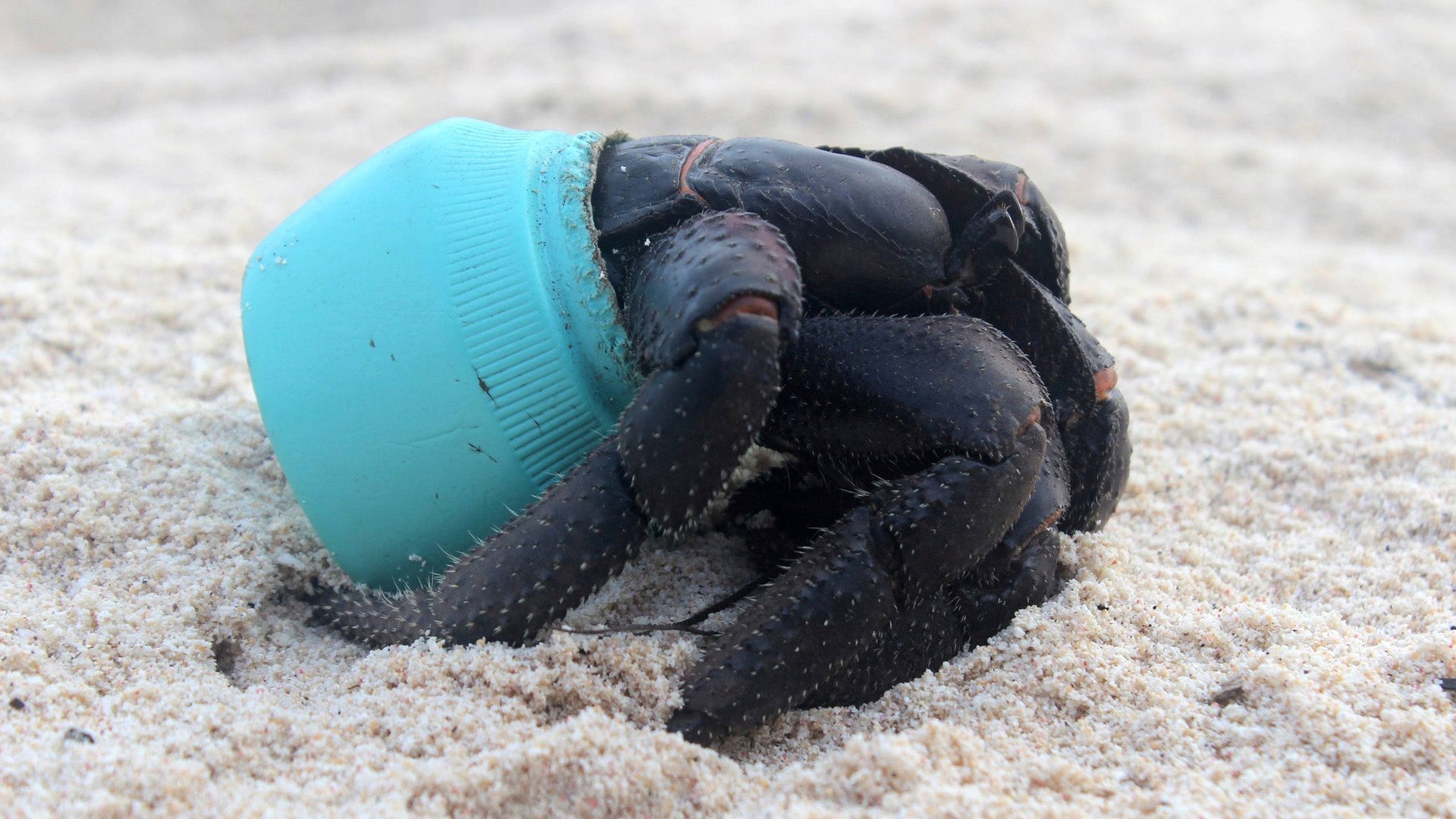Removing plastics from the oceans is “not environmentalism, it’s good business”
When you think about one of the world’s remotest islands, you are likely to picture a pristine place where nature goes about its beautiful work. Reality is that Henderson Island in the Pacific Ocean is littered with plastic, including perhaps a piece of packaging you used. The island may be more than 3,000 miles (5,000 km) from a major land mass, but it has every day plastic waste found in a public bin in New York.


When you think about one of the world’s remotest islands, you are likely to picture a pristine place where nature goes about its beautiful work. Reality is that Henderson Island in the Pacific Ocean is littered with plastic, including perhaps a piece of packaging you used. The island may be more than 3,000 miles (5,000 km) from a major land mass, but it has every day plastic waste found in a public bin in New York.
The heart-wrenching story, published earlier this week, coincided perfectly with the work of Wendy Schmidt, a philanthropist who has championed ocean health. In a plush art gallery in London, Schmidt had come to promote the New Plastics Economy Innovation Prize, two $1 million checks for innovators who can find ways of generating less plastic waste and fully recycling the plastic we end up using for packaging.
Though Schmidt is only one of many partners involved, it’s not her first time trying to push innovation through the use of prizes. With the X-Prize, she has brought to light innovators with solution for rapidly cleaning up oil spills and cheap devices to measure ocean acidification. She was spurred to think about the X-Prize by her husband Eric Schmidt, former executive chairman of Google.
“Prizes are a great tool for philanthropy,” she says. “They are catalysts to bring creativity and innovation from places you don’t expect it to come from.”

The X-Prize takes its inspiration from the Orteig Prize, which in 1919 offered $25,000 for the first non-stop flight between Paris and New York. The entrants ended up spending $400,000 of their own money, and the winner Charles Lindbergh changed the aviation industry forever. In less than two years after the prize was won, more than 150,000 passengers were flying non-stop across the Atlantic.
What the X-Prize does well is to think through the problem systematically and create challenges that are just beyond the edge of what we know is possible. “It was amazing to discover at the end that the solution that won the prize was not a moon shot,” says Schmidt about the oil spill X-Prize. “It was something that had always been there, but hadn’t been developed to the job at scale.”
Still the Orteig Prize was looking for innovation in an area where consumer demand was expected to be high. The prizes Schmidt has been involved in require more of a push. “These prizes provide a framework where corporations are ready and willing to adopt new ideas, to be the first movers, to create the momentum, and then get others to follow,” she says. “That’s why it’s not environmentalism, it’s good business.” Both Coca-Cola and Pepsi, who generate vast amounts of plastic waste, are part of the new prize.
What convinced her of the business case was a 2016 McKinsey report produced for the Ellen MacArthur Foundation, which is leading on the new prize. It concluded that a third of all plastic was escaping collection system, and its cost to the economy was at least $40 billion.
“You have culture, innovation, and regulation. Without all three forces at play, there won’t be a systemic change,” she says. “The question is: which one leads? It can’t always come from consumers. If you want to use only 100% recyclable products, there is no way you can do it.”